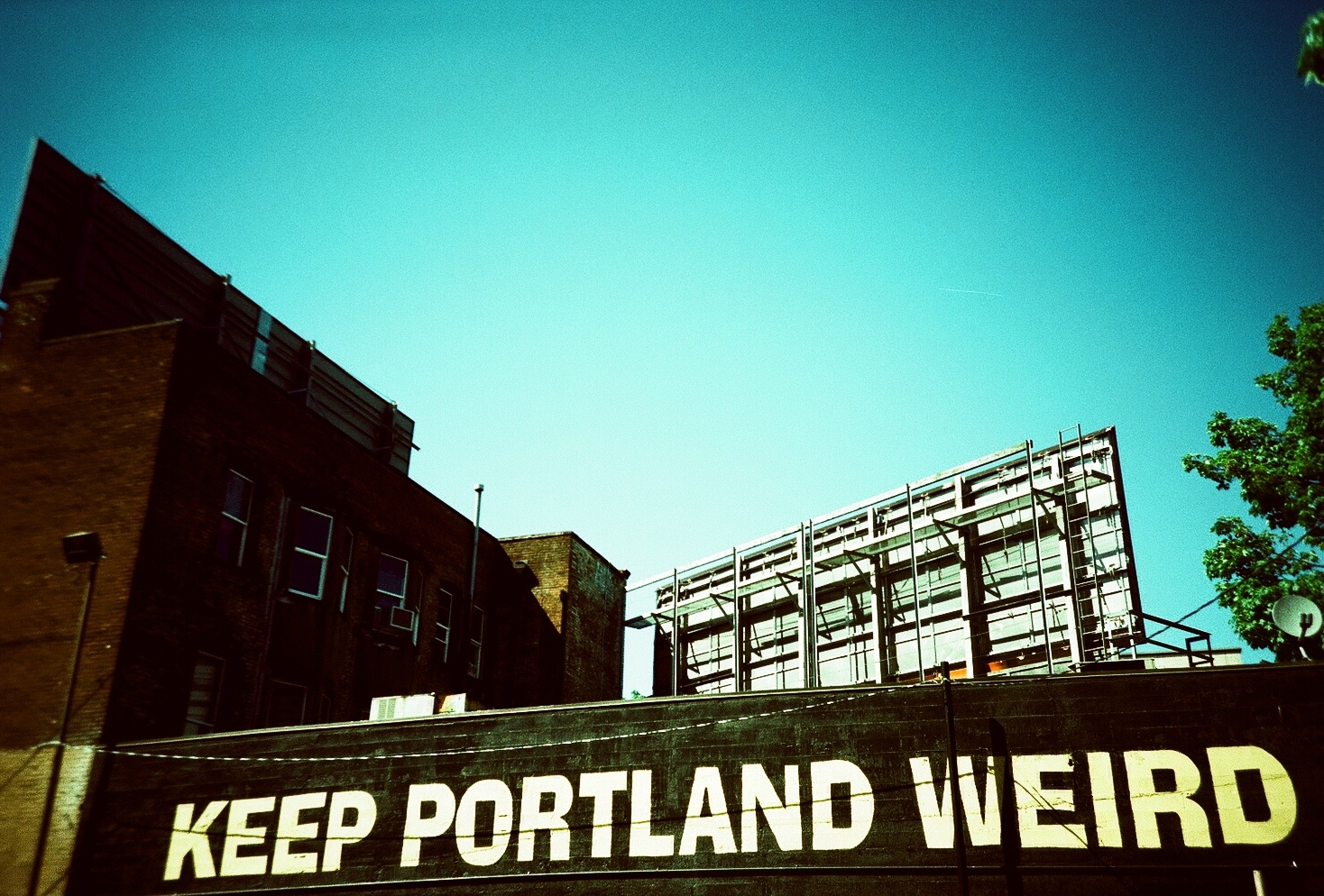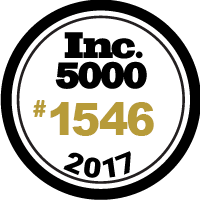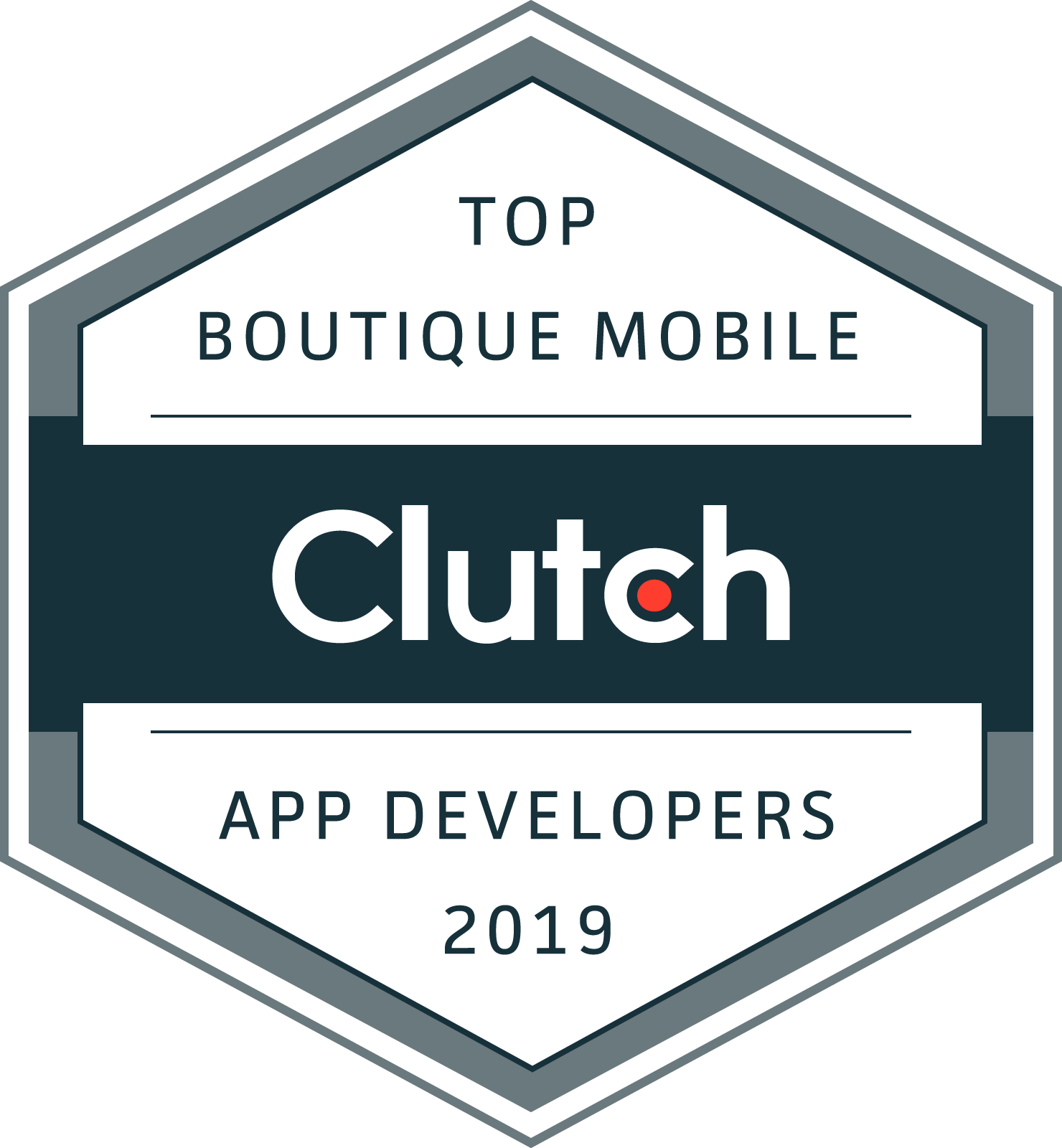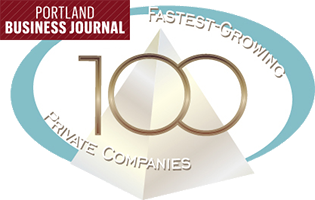Last week I sat down with Jared Wiener, Software Industry Liaison at the Portland Development Commission, to talk about PDC’s new Tech Diversity Pledge. The pledge, which was announced late last month, is a five point plan that seeks to create collective action and accountability to address the underrepresentation of women and people of color in Portland’s tech industry. By signing the pledge, companies agree to participate in activities that fall under each point.
The five points include:
-
Partner with groups in Portland that can assist with hiring and career advancement for underrepresented communities;
-
Create and implement strategies to increase hiring of women and people of color, from intern programs to full-time positions at all levels within our organizations;
-
Educate staff on unconscious workplace biases and implement specific actions designed to alleviate them;
-
Provide internal development and progression programs, and ensure underrepresented employees can access these programs; and
-
Share our collective data on the demographic representation within our offices in the Portland metro area of gender and race.
This pledge and the public / private partnership behind it have captured the attention of major national news outlets, including USA Today. Because we are also dedicated to fostering diversity in our industry here at DevelopmentNow, I just had to interview Jared in person about this exciting new initiative.
Kathryn Brown: Tell me about the Portland Development Commission, and how the Portland Tech Diversity Pledge came about.
Jared Wiener: The Portland Development Commission is structured around three main components:
-
Our work in the central city. This is very place-based. We are often involved in redevelopment projects in specific buildings. We’re also an investor in the streetcar line.
-
Our work in the neighborhood. We’re involved in infrastructure and small businesses on the neighborhood level. We work on both economic and urban development in the neighborhoods.
-
Our work in city-wide economic development. This is the team that I work on. This includes helping industries grow, create jobs, and increase economic impact in the city.
 Jared Wiener, Software Industry Liaison at the Portland Development Commission
Jared Wiener, Software Industry Liaison at the Portland Development Commission
Specifically, my work is focused on the software industry. For the better part of the last five years, the economic development piece of the work at PDC has been our primary objective. It makes sense when you look at that timeline – the economic downturn that happened. This became a very big focus of most cities around the country.
PDC works in five year cycles. While we have been focused on economic growth across the board, the next five years will be all about more inclusive growth and widely shared prosperity This is a challenge that not just Portland is facing – it’s being faced all across America where you see a wider disparity between people who have economic resources and those who don’t. That’s a broader focus of our agency.
Given this focus, we think we can make a big difference in the software industry here in Portland. There is a lot of movement right now in tech around the big issues, including hiring quality talent and broadening that talent pool with more diverse choices. PDC is interested in doing that as well. So for the past six months, we’ve been discussing this with people in the software industry. What’s come out of these discussions is a public / private diversity pledge. There was a real interest in working together to create a more diverse tech industry in Portland.
When you had these initial meetings with your early partners, what was that like? How did you find your early partners?
We had a lot of partners already: companies like Puppet Labs and Elemental Technologies are companies that we work with pretty regularly on different initiatives. So, we had a rolodex of companies to go to from the beginning. We got a small group of six CEOs around the table in January. There was a shared response that diversity in tech is something that we should be focused on. From there, we broadened the discussion. The next meeting had 15 folks, and then we were off to the races.
Who helped draft the original five points in the Portland Tech Diversity Pledge?
The companies who were at the table really working together on this are Puppet Labs, Elemental Technologies, Uncorked Studios, and Zapproved.
What do you think is special about the Portland tech scene compared to every tech hub in the US? It seems like every city wants to brand itself as “the next Silicon Valley”.
I don’t think trying to be the next Silicon Valley is where our uniqueness lies. Portland has some things on the trendline that are very positive for our tech scene. Yes, we’re not as big as Silicon Valley, we’re not as big as San Francisco, and I would argue that we don’t want to be. We want to be a better Portland, and I think the tech industry can be a driver of that.
 When you look at Portland, the things that separate us from other areas are the decisions we made 30 – 40 years ago. This is where I’ll geek out as an urban planner. Our investment in transportation has lead to a dense urban environment that you don’t see in mid-sized cities around the US. What that gives us is a city that people can relate to, which is good if you want to go talk to the people who are representing you in the city, or if you want to be involved in your neighborhood. But, it’s also big enough where there’s plenty of activity going on. From the livability standpoint, you also have an urban form where you can walk around and look at interesting things.
When you look at Portland, the things that separate us from other areas are the decisions we made 30 – 40 years ago. This is where I’ll geek out as an urban planner. Our investment in transportation has lead to a dense urban environment that you don’t see in mid-sized cities around the US. What that gives us is a city that people can relate to, which is good if you want to go talk to the people who are representing you in the city, or if you want to be involved in your neighborhood. But, it’s also big enough where there’s plenty of activity going on. From the livability standpoint, you also have an urban form where you can walk around and look at interesting things.
Really we have a mid-sized city that feels like a large town. When you look at this through an industry perspective, that’s something that separates Portland from other parts of the country.
I’ve noticed recently that there are many organic and planned meeting spaces, kind of like mini hubs, that are emerging in Portland. For example, DevelopmentNow is in the Central Eastside Industrial District. The neighborhood is definitely changing from the city’s warehouse district to a clustering of creative agencies taking on early leases in that area, planning for future development. What do you think about these smaller hubs that are emerging within the Portland tech scene?
From the city’s perspective, we don’t want to stymie that growth. In 20 years from now, we want a Portland that is celebrated as much as it is today. What you are seeing in your neighborhood is a mix between things that the public sector is playing a role in, for example the Eastside Exchange building. That building is a technology hub and it’s nearly 100% leased. We also see this in the private market as well. The role of the public sector when it comes to this is being a catalyst for change where it wouldn’t otherwise occur. When you look at (the new startup co-working space) CENTRL Office, that was a space that the private sector could activate on its own. It’s in the heart of the Pearl. That’s a really good indication of the work that the public sector did 10 – 15 years ago. We revitalized the Pearl District, and then the private sector can come in and successfully provide community resources at a market rate. You can see these things take shape with the public intervention.
Regarding diversity in the Portland tech scene – I hear company executives talk about the “pipeline problem” a lot. They say that they just can’t find a diverse talent pool. Do you think the Portland Tech Diversity Pledge addresses this?
This is the heart of the challenge. I don’t think there’s any company out there that says, “I don’t want to hire women,” for example. But what happens is, they’ll hire people in their social network, or people that they know. There are studies that show that people tend to hire people that look and sound like themselves. So how do you break that cycle? This is a broader issue with how we operate as human beings. It’s a hard thing to solve, and it’s a challenge that’s not going to be solved overnight by any means.
But the way that you begin to solve this is to start saying overtly, “this status quo is not okay”. That’s one thing that the pledge does. There is an acknowledgement that there is a problem now – it’s a problem not just for society, but for the tech industry, and for individual companies. Companies currently are not able to hire enough employees, and they are not able to get diverse perspectives.
I sympathize with the hiring managers at these companies. Some of the companies that have signed the pledge have 20 – 30 open positions that they are trying to fill at any given time. It’s hard to take a step back and say, “How do we actually make a change and broaden who we hire? How do we do that from and outreach perspective?” when you are just so focused on filling the vacant positions to grow and be a successful company. That’s a role that I think the public sector can help support.
 The great thing about technical positions is that you can train up for those positions fairly quickly. You can see this with all of the code schools that are coming into Portland. I think there is still a place for the traditional educational path, but the code schools do fill some of those needs. Here at PDC, we just announced that we will be offering these technical training schools a grant opportunity where the focus will be on outreach to under served communities in tech. The outcomes that we want to see as a result of these funds being used is outreach numbers, as well as enrollment in these training programs, and finally placement in jobs. While our funds will be used for the outreach piece of that, we’ll also be assessing how these organizations utilize other resources out in the community to get people into that final outcome that we’re always interested in, which is job placement and job success. The grant total will be $30,000.
The great thing about technical positions is that you can train up for those positions fairly quickly. You can see this with all of the code schools that are coming into Portland. I think there is still a place for the traditional educational path, but the code schools do fill some of those needs. Here at PDC, we just announced that we will be offering these technical training schools a grant opportunity where the focus will be on outreach to under served communities in tech. The outcomes that we want to see as a result of these funds being used is outreach numbers, as well as enrollment in these training programs, and finally placement in jobs. While our funds will be used for the outreach piece of that, we’ll also be assessing how these organizations utilize other resources out in the community to get people into that final outcome that we’re always interested in, which is job placement and job success. The grant total will be $30,000.
Do you have specific numbers and goals in mind when it comes to evaluating job placement and job success?
That is something that we will be looking at through the Tech Diversity Pledge. What we are trying to do is make meaningful impact in the short-term, with the understanding that this is a long-term systemic challenge. It’s going to take a generation to really start to change the dynamic. Something that someone said pretty early on (in the Tech Diversity Pledge development process) that I thought was a really good perspective on this is that we won’t see that horizon moment 2, 5, or even 10 years from now where we can all shake hands and say, “Yep, we’ve accomplished tech diversity. We are an inclusive industry now”. It’s going to be a constant thing that we continue to work on.
So when it comes to an actual number, I don’t think we know that yet. We’re just dipping our toe into the water when it comes to actually trying to change the dynamics in an impactful way. Part of this is going to be trial and error. We are going to see what happens in the initial stages, and we will continuously improve from there.
What are three easy, small step that you think companies can take right now to move towards greater diversity?
-
Talk about it. The first step that you can do within a company is to begin to talk about it. If your leadership team starts talking about it and showing that it’s important, that will start to change the dynamic and the culture in a way that’s impactful. I’m speaking about this from our PDC’s experience doing that over that last couple of years.
-
Track results. Second, companies should continuously track what they are doing, including the success or the failure they are having.
- Build a culture on purpose. Finally, companies should be purposeful about the culture they are putting out there. Culture could be things like: are you providing opportunities for everyone to attend events and activities that are either work or quasi-work related? For example, going to play golf on a Saturday afternoon might not be something that a single mother can potentially do. Also, look at your company’s hiring practices. Studies show that when you put together a hiring panel, the people that are on that panel oftentimes are what you will get as an end result. By that I mean, if you have four white males in their early twenties on a hiring panel, you’re much more likely to have a candidate that is a white male in his early twenties as a result of that. Now conversely, if you put together a hiring panel that is diverse, you’ll have more diverse candidates. I think this flows both ways. People who make hiring decisions are naturally more comfortable with people who are like them. That’s sort of the way that we work psychologically. Also, as a candidate, if you are sitting across the table from people who look like you, you’re much more likely to be comfortable than if you are sitting across the table from people who don’t look like you.
That’s interesting because it goes back to one of the points in the five point plan (in the Tech Diversity Pledge) that we talked about previously, which is unconscious bias.
Yes, talking about this issue is oftentimes uncomfortable. There has to be an acceptance with that if you really want to begin to make change. At the same time, it’s not blaming any one person or any one organization for not being diverse enough. The focus really should be moving forward and less about looking back on what we’ve done wrong. We should be asking ourselves, what can we do that’s better?



